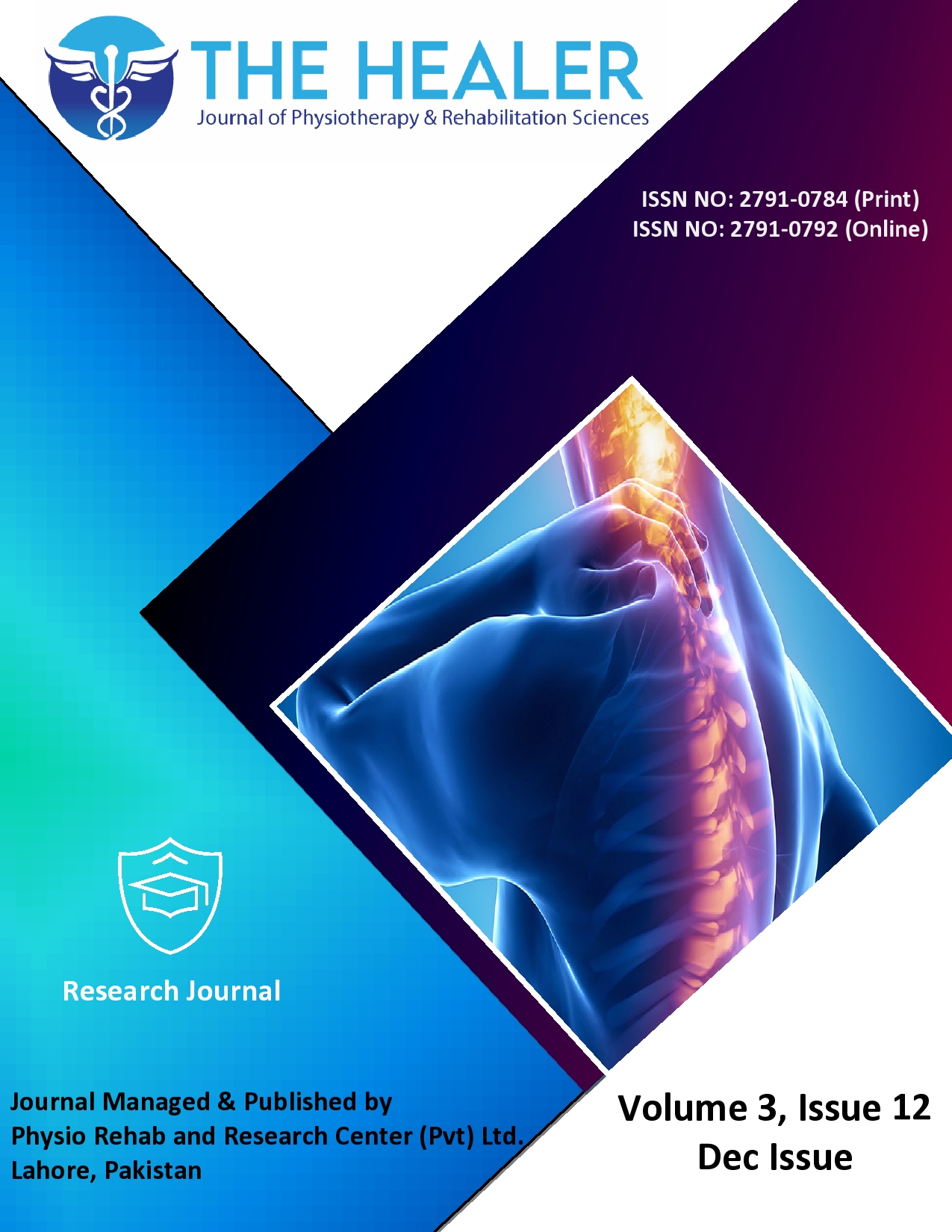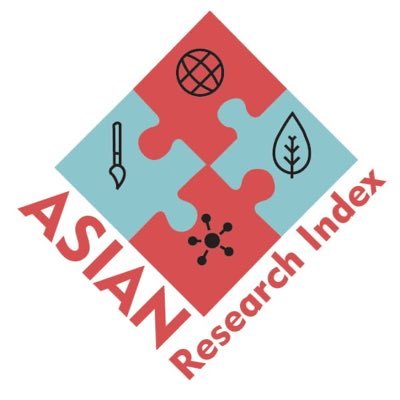Presenteeism amongst Employees with Musculoskeletal Health Problems
Presenteeism in Employees with Musculoskeletal Health Problems
DOI:
https://doi.org/10.55735/hjprs.v3i12.259Keywords:
Employees, Musculoskeletal Health, occupational health, presenteeismAbstract
Background: Presenteeism is generally understood as attending work despite health problems and in the past has not gained enough attention in organisations as its counterpart absenteeism. The consequence of presenteeism is that employees often manifest symptoms of exhaustion and burnout derived from inadequate recovery from illness. Objective: To explore the levels of presenteeism amongst employees with musculoskeletal health problems attending an occupational health service. Methods: Data were collected from January 1 to June 30, 2024, at an occupational health service based within a North London National Health Service Foundation Trust in the United Kingdom. An OPAS-G2 database was utilised to identify and select employees with musculoskeletal health problems that attended the occupational health service within the data collection period. Musculoskeletal health problems were chosen because it is the most common reason for employees at the Trust to be absent from work, but its impact on presenteeism remains unknown. Employees were mailed the Stanford Presenteeism Scale (SPS-6) and asked to complete and return it in a pre-paid envelope. Demographic data such as age, gender, years of service, work status and site of pain/injury was captured on a spreadsheet. Data analysis was performed using the Statistical Software for Excel package. Results: A total of 49 (64.5%) employees met the cut-off point of 19 or above on the SPS-6 questionnaire indicating a high level of presenteeism. A total of 27 (35.5%) employees met the cut-off point of 18 or below on the SPS-6 questionnaire indicating a low level of presenteeism. Conclusion: The SPS-6 was found to be a useful instrument for providing a framework within which to explore levels of presenteeism of employees with musculoskeletal health problems at a healthcare Trust in North London, United Kingdom. Presenteeism is more likely to occur amongst healthcare employees because the jobs are highly demanding and require considerable commitment. Providing healthcare under poor physical and psychological conditions can interfere with attention and concentration and impair the delivery of quality care with consequent risk to clients and organisation. The level of presenteeism amongst employees with musculoskeletal health problems was high.
Downloads
References
Aronsson, G., Gustafsson, K., & Dallner, M. (2000). Sick but yet at work: An empirical study of sickness presenteeism. Journal of Epidemiology and Community Health, 54(7), 502–509.
Baker‐McClearn, D., Greasley, K., Dale, J., & Griffith, F. (2010). Absence management and presenteeism: The pressures on employees to attend work and the impact of attendance on performance. Human Resource Management Journal, 20(3), 311-328.
Brborović, H., Brborović, O., Brumen, V., Pavleković, G., & Mustajbegović, J. (2014). Are nurse presenteeism and patient safety culture associated: A cross-sectional study. Archives of Industrial Hygiene and Toxicology, 65(2), 149-155.
Chênevert, D., Kilroy, S., & Bosak, J. (2019). The role of change readiness and colleague support in the role stressors and withdrawal behaviors relationship among health care employees. Journal of Organizational Change Management, 32(2), 208-223.
Chetty, L. (2011). Effectiveness of physiotherapy provision within an occupational health setting. Indian Journal of Physiotherapy and Occupational Therapy, 5(3), 50-53.
Chetty, L. (2014). A critical review of physiotherapy as a clinical service in occupational health departments. Workplace Health & Safety, 62(9), 389-394.
Demerouti, E., Le Blanc, P., Bakker, A., Schaufeli, W., & Hox, J. (2009). Present but sick: A three-wave study on job demands, presenteeism and burnout. Career Development International, 14(1), 50–68.
Dew, K., Keefe, V., & Small, K. (2005). ‘Choosing’ to work when sick: Workplace presenteeism. Social Science & Medicine, 60(10), 2273–2282.
Evans-Lacko, S., & Knapp, M. (2016). Global patterns of workplace productivity for people with depression: Absenteeism and presenteeism costs across eight diverse countries. Social Psychiatry and Psychiatric Epidemiology, 51(11), 1525-1537.
Gerich, J. (2019). Sickness presenteeism as coping behaviour under conditions of high job control. German Journal of Human Resource Management, 33(2), 96–112.
Gosselin, E., Lemyre, L., & Corneil, W. (2013). Presenteeism and absenteeism: differentiated understanding of related phenomena. Journal of Occupational Health Psychology, 18(1), 75-86.
Hansen, C. D., & Andersen, J. H. (2008). Going ill to work – What personal circumstances, attitudes and work-related factors are associated with sickness presenteeism? Social Science & Medicine, 67(6), 956-964.
Health Research Authority. (2017). Defining Research Table. Retrieved from http://www.hra-decisiontools.org.uk/research/docs/DefiningResearchTable_Oct2017-1.pdf
Koopman, C., Pelletier, K. R., Murray, J. F., Sharda, C. E., Berger, M. L., Turpin, R. S., Hackleman, P., Gibson, P., Holmes, D. M., & Bendel, T. (2002). Stanford presenteeism scale: Health status and employee productivity. Journal of Occupational and Environmental Medicine, 44(1), 14-20.
Karanika-Murray, M., & Biron, C. (2020). The health-performance framework of presenteeism: Towards understanding an adaptive behaviour. Human Relations, 73(2), 242-261.
Niven, K., & Ciborowska, N. (2015). The hidden dangers of attending work while unwell: A survey study of presenteeism among pharmacists. International Journal of Stress Management, 22(2), 207-221.
Pohling, R., Buruck, G., Jungbauer, K. L., & Leiter, M. P. (2016). Work-related factors of presenteeism: The mediating role of mental and physical health. Journal of Occupational Health Psychology, 21(2), 220-234.
Ruhle, S. A., Breitsohl, H., Aboagye, E., Baba, V., Biron, C., Correia Leal, C., Dietz, C., Ferreira, A. I., Gerich, J., Johns, G. & Karanika-Murray, M. (2020). “To work, or not to work, that is the question”– Recent trends and avenues for research on presenteeism. European Journal of Work and Organizational Psychology, 29(3), 344-363.

Downloads
Published
License
Copyright (c) 2024 The Healer Journal of Physiotherapy and Rehabilitation Sciences

This work is licensed under a Creative Commons Attribution 4.0 International License.














